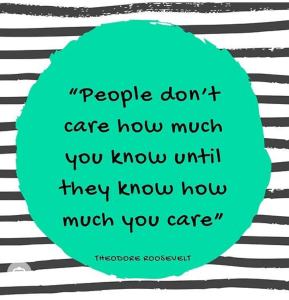 by Carolyn Thomas ♥ @HeartSisters
by Carolyn Thomas ♥ @HeartSisters
During a recent appointment for my first ever hearing test, I was asked (among many other tests) to repeat the words I heard the audiologist saying through my earphones, one after another. I heard “ache” when the word was actually “ate”, “lull” instead of “low”, “if” instead of “it”. My answers revealed what audiologists call a “loss of consonant clarity”. Too bad so many words have consonants in them.
The audiologist also mentioned a link between hearing loss and heart disease. In fact, researchers have confirmed that the risk of age-related hearing loss generally increases as a person’s cardiac risk load increases. Continue reading “Say what? Heart disease and hearing loss”



